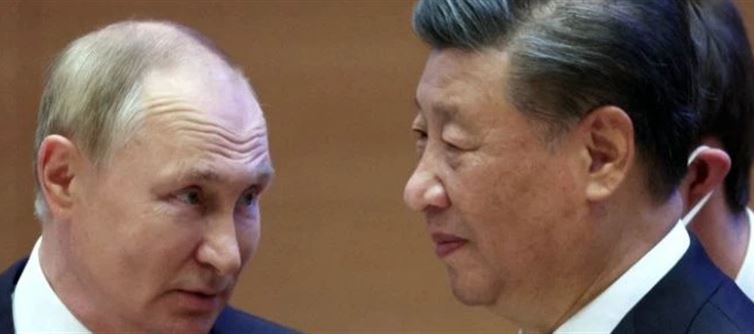
However, analysts predict that China's backing for iran would probably decline in the future as a result of Tehran's threats to shut the Strait of Hormuz and its growing role as a Middle east mediator. However, despite Tehran being a key friend, moscow mainly avoided the Israel-Iran battle, except for a few loud declarations, because it is anticipated that russia will gain more from it.
China is now more dependent on russia for its energy needs
According to media sources, china, which buys a significant portion of Iran's gas and oil, is concerned because, should israel or the US launch another attack, Tehran is likely to blockade the Strait of Hormuz, which would have a detrimental effect on Beijing's energy requirements. The Wall Street Journal said that the circumstances had compelled china to reconsider Russia's proposed Power of Siberia 2 pipeline.
China has started expressing interest in the Power of Siberia 2 project, according to the WSJ story, which cited unidentified sources close to Beijing. beijing had previously objected to Moscow's recommendations about the ownership and cost of the proposed pipeline. According to the article, china is thinking about buying more gas and oil from nations that produce oil other than its allies, such as russia and iran, because it does not want to rely too much on any one source for its energy needs.
According to the WSJ report, which cited data from Rystad Energy, china imports roughly one-third of its gas in the form of LNG from the United Arab Emirates (UAE) and Qatar. By way of Siberia 1, whose throughput is expected to reach 38 billion cubic meters this year, russia is also China's largest pipeline provider, ranking third in terms of LNG supply behind australia and Qatar, according to S&P Global.




 click and follow Indiaherald WhatsApp channel
click and follow Indiaherald WhatsApp channel